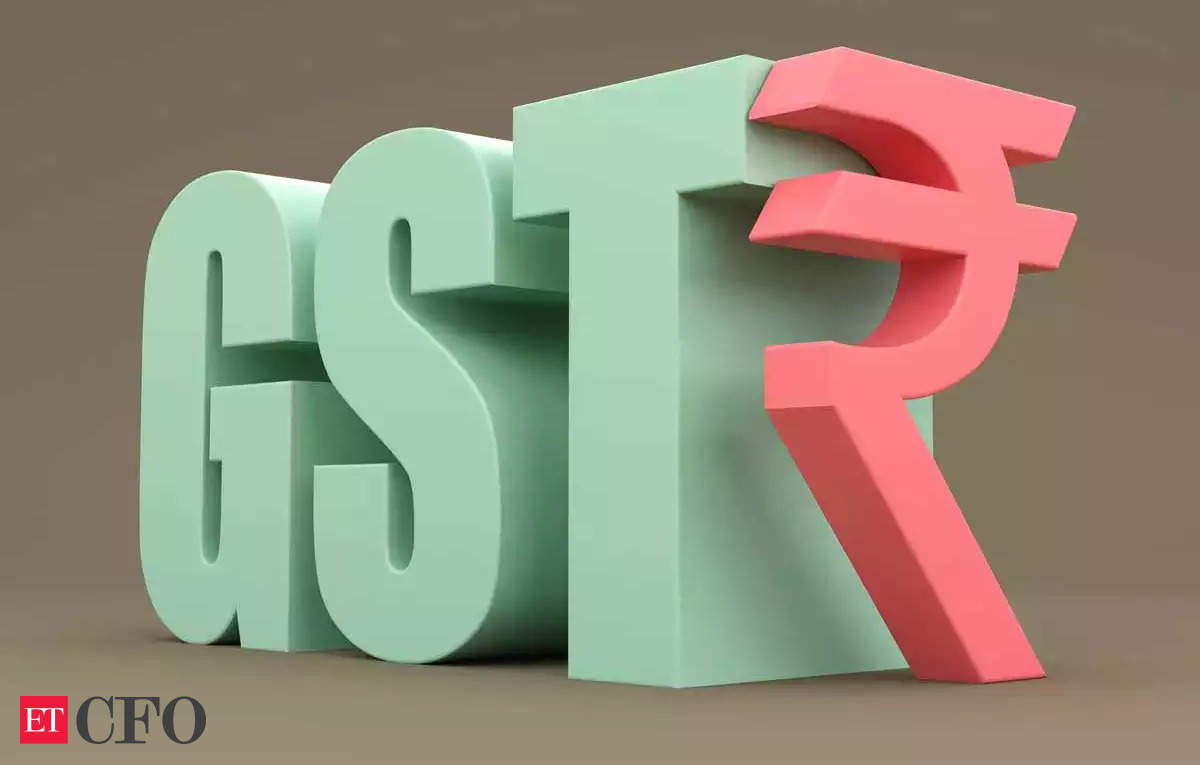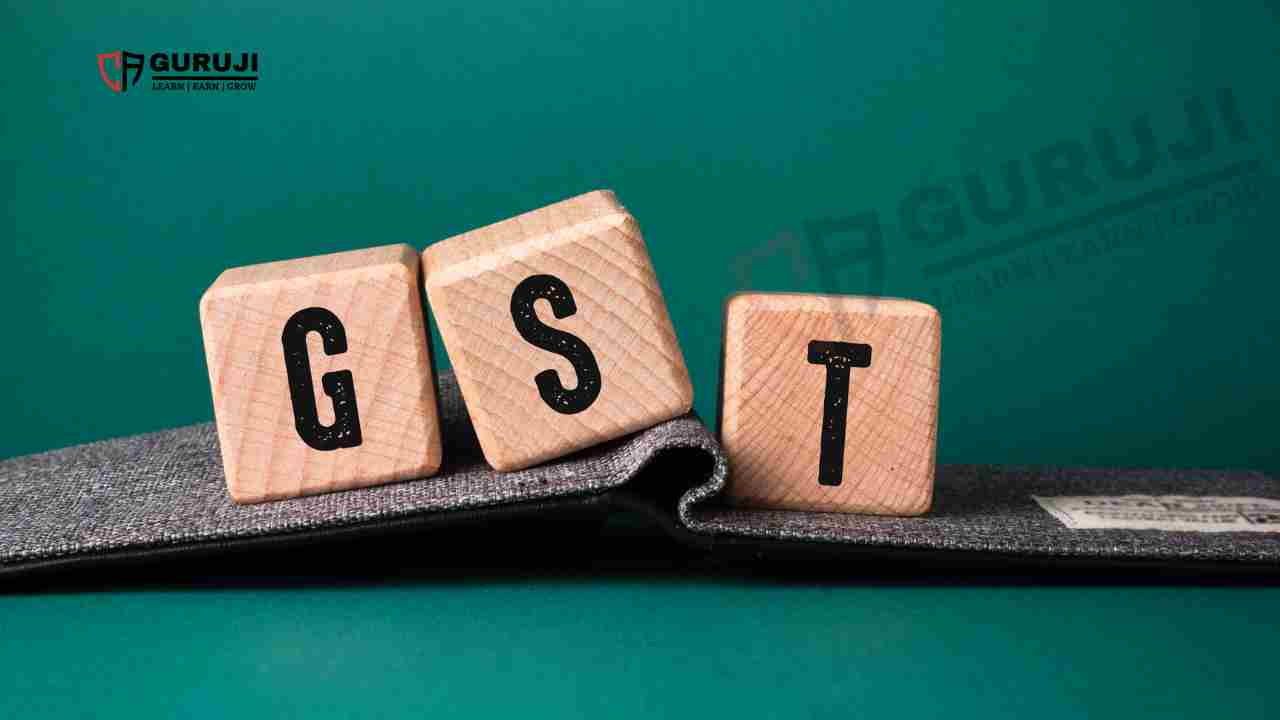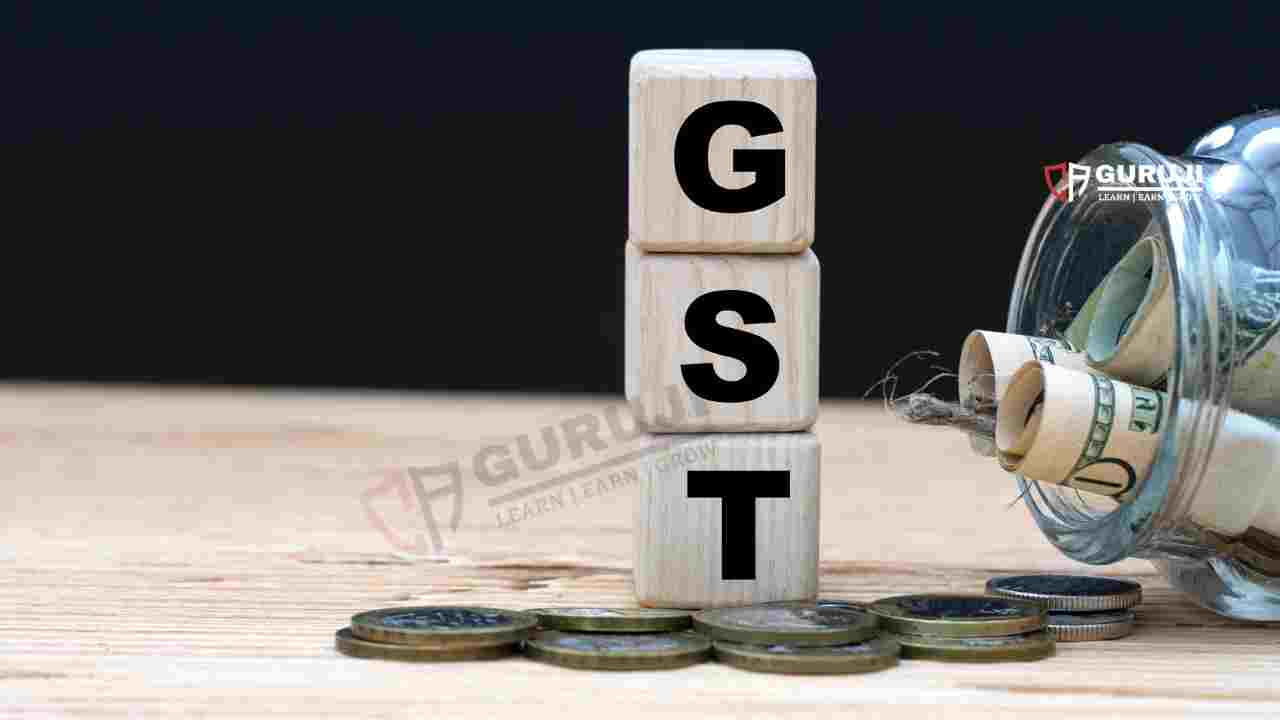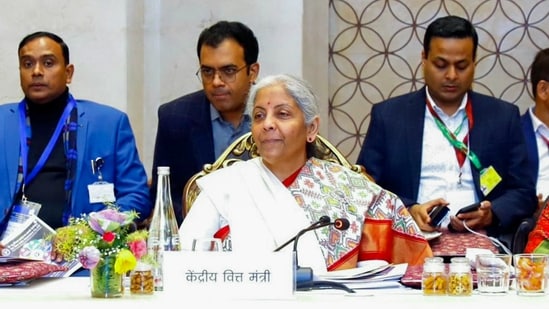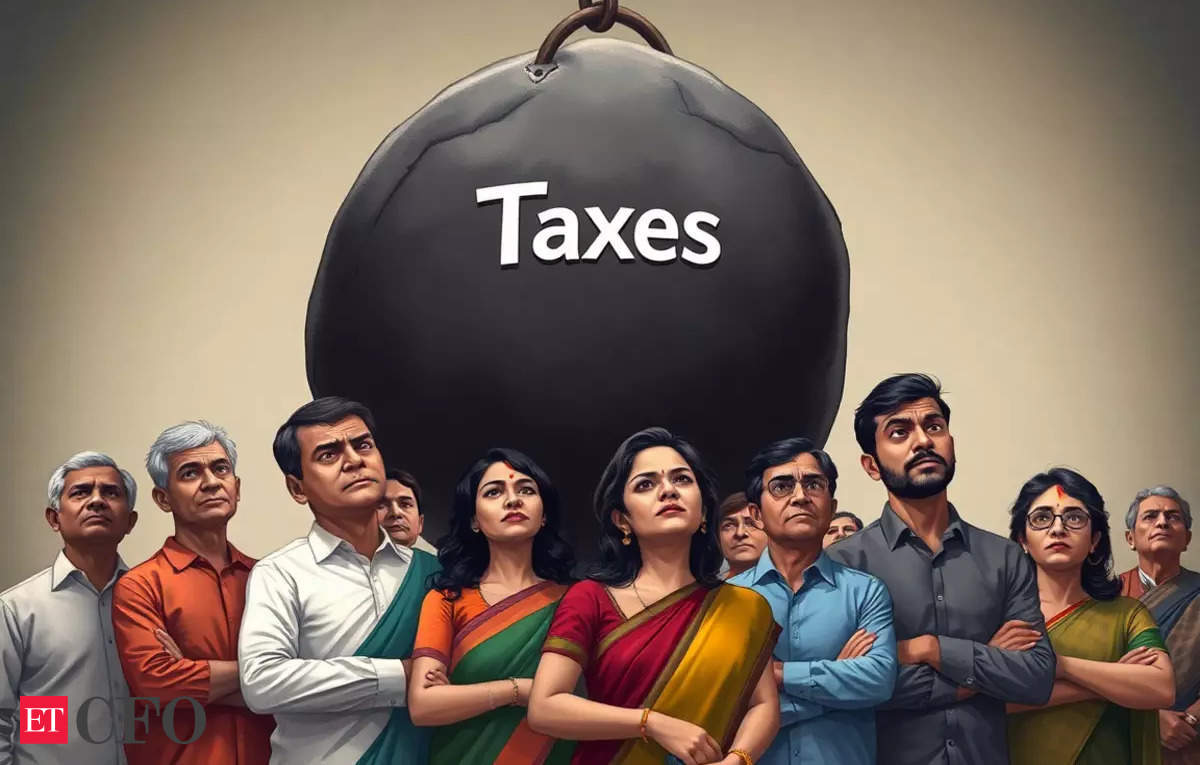Budget 2024: After years of capital infusion in the electric vehicle sector with the help of subsidies and tax exemptions, EV industry stalwarts believe that a prolonged subsidy and tax exemptions would catalyse the growth of the EV segment in the country.
Most of the EV makers are hoping for an extension of the Faster Adoption and Manufacturing Electric (FAME) subsidy scheme, and a reduction in the goods and services tax (GST) cut on certain EV components in the Union Budget set to be presented by Finance Minister Nirmala Sitharaman.
It is the time for the government to create a comprehensive policy on electric vehicle (EV) parts to ensure transparency and a level playing field in the industry, believes Ayush Lohia, CEO, of Lohia Auto.
“The inclusion of commercial vehicles in EV incentives is pivotal for fostering widespread growth and aligning with our shared vision of a sustainable future. While the existing 5 percent GST on electric vehicles represents commendable progress, the lack of clarity on spare parts, burdened with a 28 percent / 18 percent GST, poses a significant challenge,” Lohia said.
He advocated for the prioritisation of innovation-centric initiatives that can also help in fostering capacity-building and offer meaningful incentives for widespread EV adoption. He also recommended the inclusion of EVs in Priority Sector Lending.
Earlier, Hero Electric Founder and MD, Naveen Munjal also expressed his hopes for announcements related to the reduction of GST rates extension of FAME II subsidies, and expenditure on charging infrastructure in the upcoming Union Budget.
Voicing a similar opinion, Arun Sreyas, Co-Founder, of RACE Energy, said, “A notable disparity exists in the GST rates between EVs sold with fixed batteries (taxed at 5%) and the lithium-ion batteries utilised for swapping purposes (taxed at 18% when sold separately). With the Interim Budget announcement in February, we’re also expecting GST parity for EV batteries used in swapping—crucial for competitive pricing—and they should hopefully align with the 5% bracket to fortify the EV landscape.”
Highlighting the need for wider regulations related to EV battery swapping, Sreyas is looking forward to the inclusion of guidelines in the FAME scheme related to the “registration process and subsidy mechanism for battery swapping vehicles.”
According to Avinash Sharma, Co-Founder, and CEO, of ElectricPE, “The GST rate on batteries needs to be lowered from 18% down to 5%, in line with Battery EVs, which will bring battery swapping and battery subscription in line with traditional EVs, a much needed step.”
Visit www.cagurujiclasses.com for practical courses





